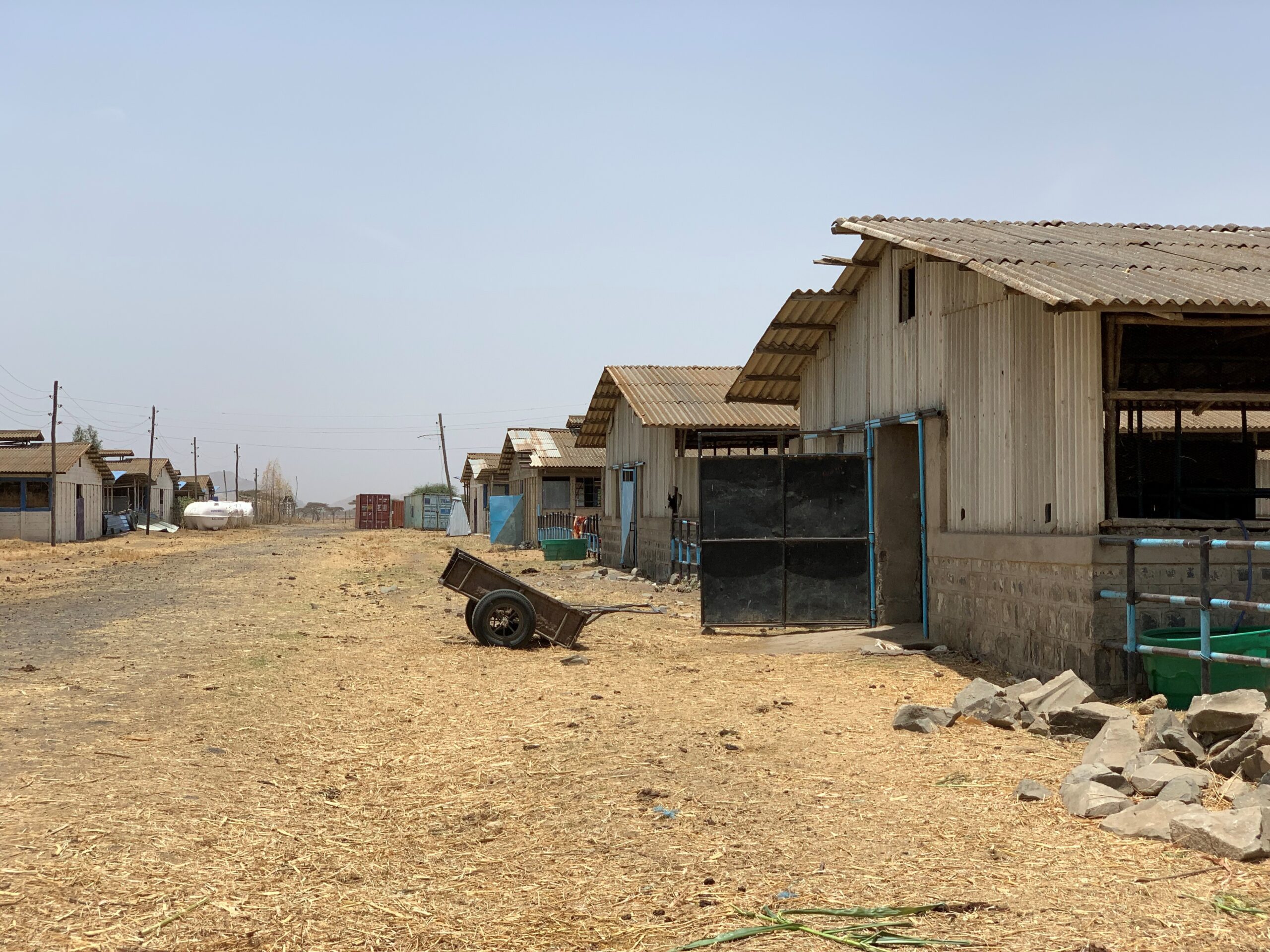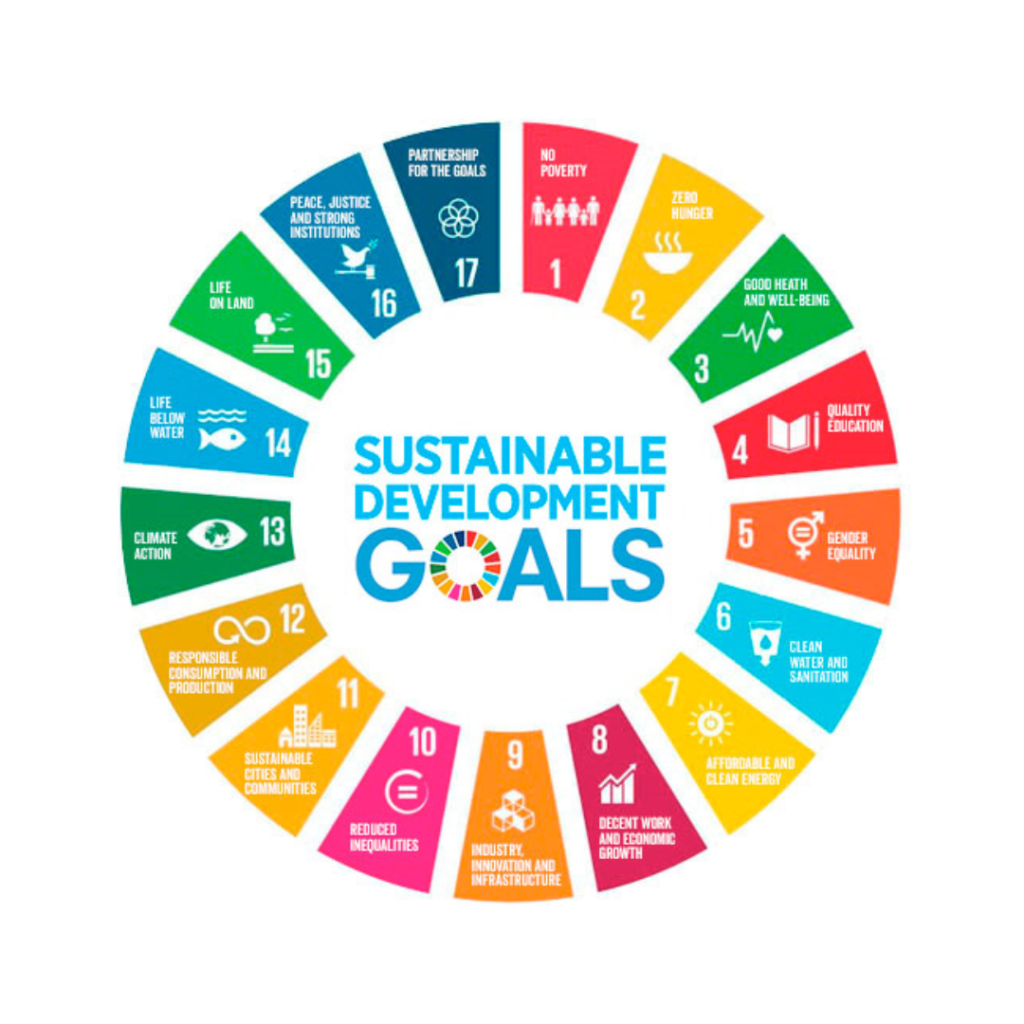Requesting party (and partners):
Alage ATVET College – lead
Livestock and fishery development (LFDPA)
Consortium partners Q-point:
HollanDoor
Gender2Connect
ECMA
Project number : TMT 23-00045

Requesting party (and partners):
Alage ATVET College – lead
Livestock and fishery development (LFDPA)
Consortium partners Q-point:
HollanDoor
Gender2Connect
ECMA
Since 2001 G.C., Alage ATVET College has been training midlevel agricultural professionals and entrepreneurs to enhance agricultural productivity and improve rural livelihoods. The college offers education in six agricultural departments: Livestock production, Animal health, Horticulture, Natural resource management, Small-scale irrigation, and Agricultural mechanization. Furthermore, it is tasked with conducting extension activities at the district and kebele levels, transferring problem-solving agricultural technologies to farmers, small enterprises, and end users. The college boasts livestock and horticulture farms for practical student training and income generation. Over the past two decades, dairy sector development has been a key component, involving capacity building, herd production and health management practices, breed improvement, fodder seed distribution, and promotion of cost-effective dairy farming skills. The college’s mission is to transform its dairy farm into a model commercial dairy operation, disseminating innovative dairy farming skills and technologies to achieve a commercially viable and high-quality milk production system.
Regardless of the rapid economic development of the country, Ethiopia remains one of the poorest countries in the world. Over 29% of the population lives below the poverty line, due to rapid population growth and a low starting base. Agriculture still employs over 70% of Ethiopia’s population and has therefore tremendous potential for reduction of the population’s poverty and increased job creation for both Ethiopian citizens as well as refugees. Raising problems in the country are increased pressure on available resources, expanding land degradation, pollution, (rural) poverty and raising vulnerability to food shortages and prevalence of undernutrition. Due to rapid population growth and local tension, the agricultural sector asks for radical improvement to prevent local ecosystems from deteriorating even further and therefore becoming threats to the Ethiopian population in terms of safety and health.
The TMT can contribute to solving above stated knowledge and skill problems through enabling exchange on highly valuable and recent knowledge and skills available to Orange Knowledge Programme – Tailor-Made Training Form for Joint Proposal 5/37 operate successfully in the dairy value chain. The role of job creation for youth and woman and stimulating business incubation activities in the dairy sector are key, for an optimal production and value chain of dairy products. The lack of capacity and skills to transfer knowledge and skills into actions will be addressed during all training activities of this TMT by means of the adapting the plan, do, check, act methodology.
The following training subjects are identified:

This TMT training is linked to the above stated and the CPI’s main priority theme: Food and Nutrition Security (FNS), with an emphasis on dairy and sustainable water management. The objective of Dutch support to the development of the dairy sector in Ethiopia is to contribute to the development of an inclusive-, job creating and an economically and environmentally sustainable dairy sector, which produces affordable, safe dairy products of high quality, especially for poor rural and urban consumers, enabling them to improve the nutritional quality of their diets.

Funded by the Dutch Ministry of Foreign Affairs and managed by Nuffic, as part of the Orange Knowledge Programme, project number OKP–TMT 23-00045.
July 2023 – June 2024
